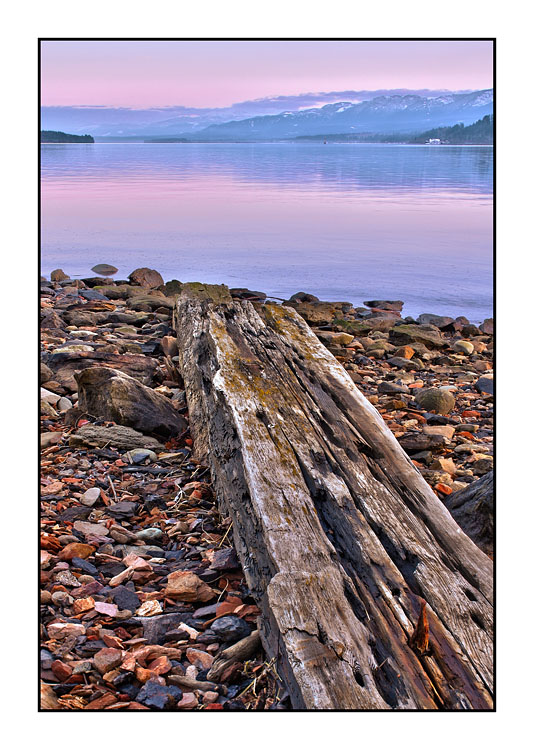Elementalisms: Competing Solutions for Water Scarcity in Vandana Shiva and Jack London
Mots-clés :
Alaska, Water, Vandana Shiva, Jack London, Elementalism, Atavism, Privatization, Trade LawRésumé
As the world’s fresh water supply grows increasingly threatened and access to that supply is mediated more and more by private organizations, multiple attempts have been made to establish permanent trade links between water-rich and water-poor regions, though these attempts have thus far been defeated by environmental, economic, or nationalistic factors. Corporate control of water, as a basic element of human life, holds menacing consequences in terms of humanitarianism and ecological stability. This intent of this article is to investigate several recent corporate successes in the arena of bulk water export from various locations in Alaska, beginning with Eklutna Lake outside of Anchorage and proceeding to current trade contracts in Sitka and future contracts on Adak Island. Alaska holds, by some estimates, 40% of the United States’, and 20% of the world’s, water supply, and it is thus far the only governed entity that has successfully sold water in bulk. Following Vandana Shiva’s advocacy of a “culture” of water in Water Wars (2002), this article suggests that the criteria enabling the recent, troubling boom in Alaskan water sales may be cultural as well as practical or economic. A close reading of Jack London’s “A Relic of the Pliocene” (1901) concludes that London, like Shiva, endorses a culture of unmediated contact and elemental interdependence between man and nature. However, while Shiva’s elementalism leads to a new culture of respect and reverence for water resources, London’s elementalism acts as a shield and justification for exploitation of natural resources, an attitude that speaks strongly to Alaska’s interest in privatizing its water supply.Téléchargements
Publié-e
2011-07-17
Comment citer
Spoth, D. (2011). Elementalisms: Competing Solutions for Water Scarcity in Vandana Shiva and Jack London. Journal of Ecocriticism, 3(2), 28–42. Consulté à l’adresse https://ojs.unbc.ca/index.php/joe/article/view/243
Numéro
Rubrique
Articles

